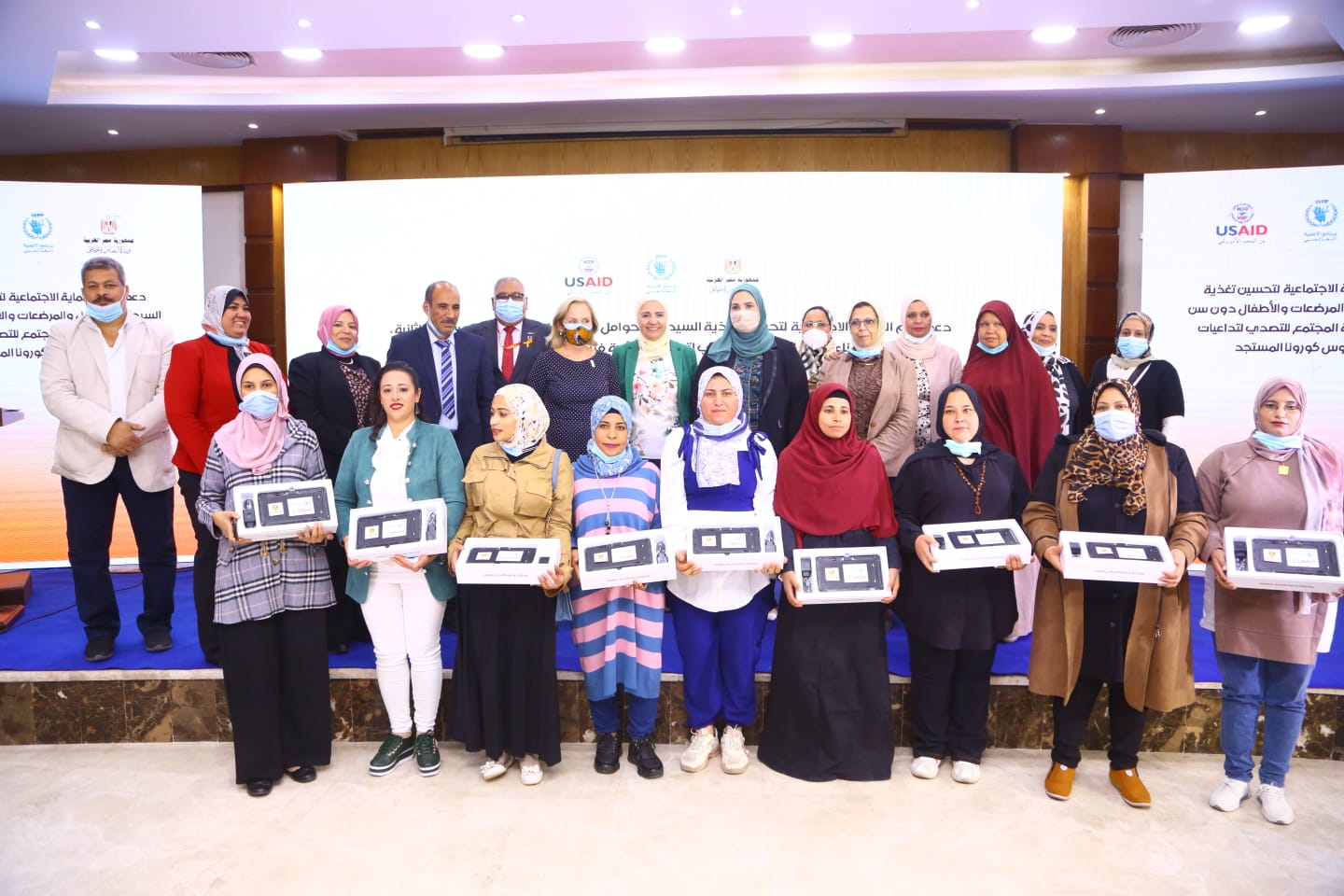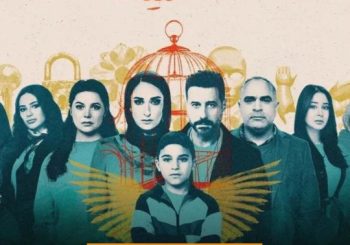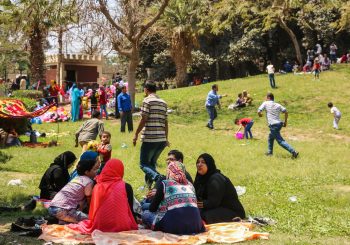The Egyptian Ministry of Social Solidarity has embarked on a transformative journey through its Social Leaders Programme, aiming to foster change and empowerment for women, serving as a beacon of hope for enduring change.
Established in collaboration with UNICEF, its core mission was to empower communities by nurturing local leadership, and catalyzing positive shifts in societal norms and behaviors for women.
The initiative, with roots tracing back to 1964, has evolved into a nationwide force, starting with 14 volunteer leaders in Qalyoubiyah governorate, to reach 15,000 leaders across the nation, with plans underway to further grow this number to 20,000.
The female leaders act as intermediaries between the ministry’s services and beneficiaries. Each leader is responsible for helping around 200 families, primarily focusing on mothers with children under the age of 18, guiding them to get the help they need.
For example, mothers of three or four, get educated on family planning and contraceptives by transferring them to clinics, with the help of subsidy programs such as Takaful w Karama.
Leaders also help families receive education by directing them to literacy classes, disabled service centers, or even social schools. They additionally play a pivotal role in enhancing women’s socio-economic status through educational reintegration and economic empowerment programs.
FGM has been reported in 86 percent of married Egyptian women aged 15 to 49, according to Egyptian Family Health Survey (EFHS) 2021. Child labor has risen in urban governorates, climbing from 1.8 percent in 2014 to 2.4 percent in 2021, UNICEF stated. The Observatory of Crimes of Violence against Women in Egypt reported 813 cases against women and girls during 2021.
One of the most important parts of the programme is the “Awareness Programme.” The women-led initiative has reached a total of 1.6 million families in campaigns against child marriage, female genital mutilation (FGM), neglecting birth control methods, violence against women, hygiene, child labor, drug use, human trafficking, dropping out of education, child and mother health, illegal migration, illiteracy, and women economic empowerment.
All of that is well-executed thanks to the programme’s data management infrastructure, as details about beneficiary families are carefully recorded and kept in a centralized database. This helps monitor their socio-economic characteristics and track their progress over time, thereby ensuring that interventions are targeted and effective.
At the heart of the programme’s effectiveness lies its careful selection process for leaders. Aspiring leaders face thorough evaluations and interviews led by local committees, with selection criteria spanning a range of factors: age, communication prowess, community standing, and role-model potential. This meticulous approach guarantees that those chosen to lead are well-suited to champion the needs and aspirations of their communities.
Resistance to change ingrained societal norms poses significant hurdles. The journey has not been without its challenges, but they are being met head-on by the female leaders with solutions emerging through collaborative efforts and community engagement.






Comments (3)
[…] Read More […]
[…] Read More […]